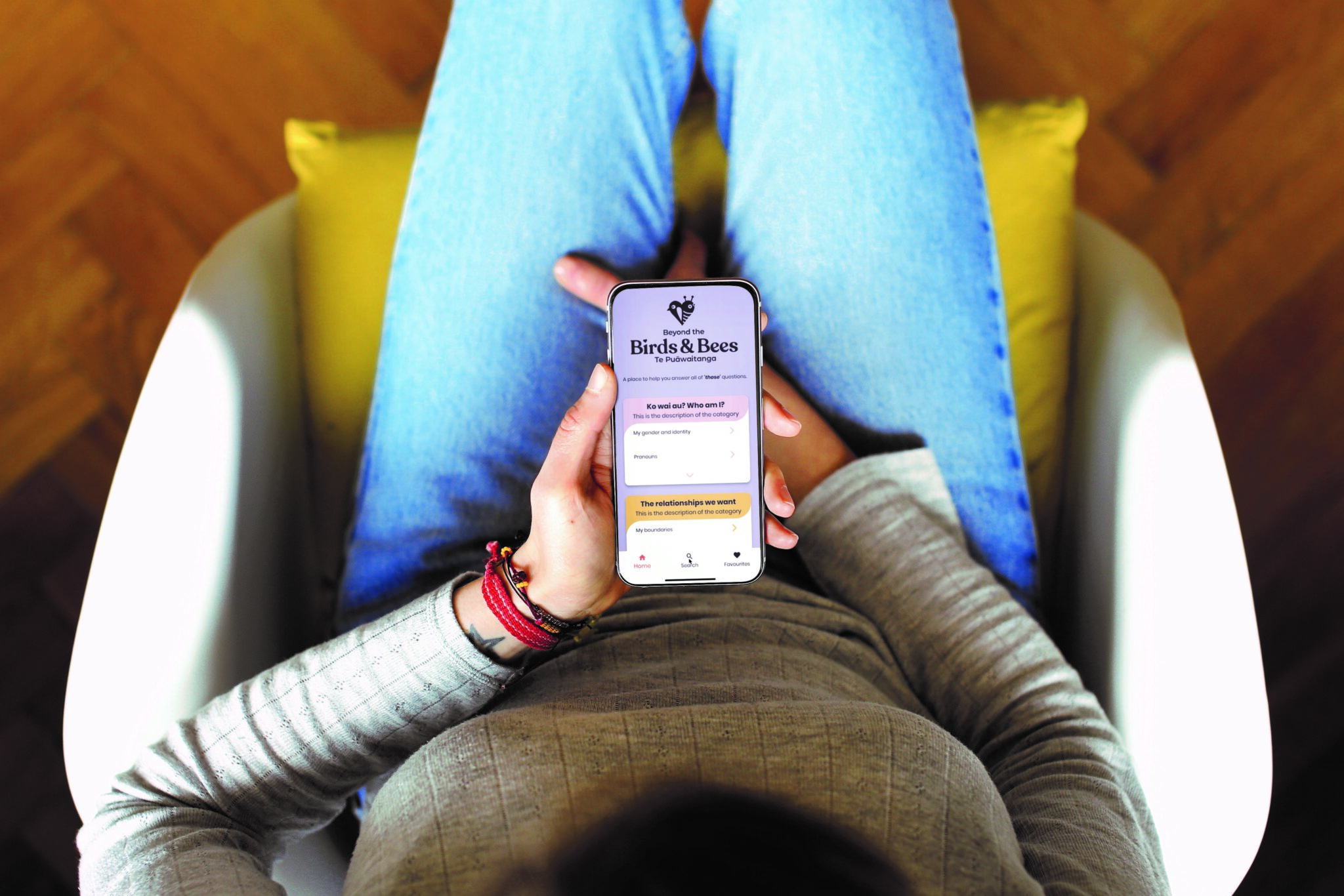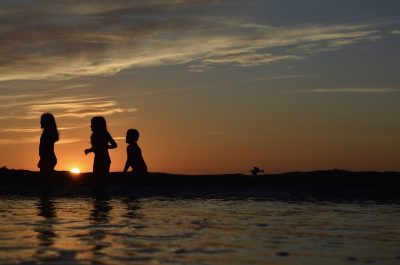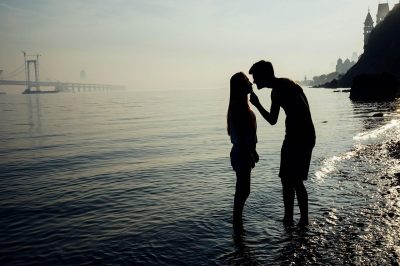Parents & Whānau Portal
In this section you will find a few ideas for ‘doing’ Relationships and Sexuality education (RSE) with your tamariki/children. We use the term ‘doing RSE’ as research and experience shows us that we learn about and make sense of identity, relationships, and sex from living in the world – a world shaped by gendered assumptions. Everyday moments such as going to the mall or the marae, playing a video game, or watching parents’ relationships are all a form of RSE. What is said or silenced shapes how we make sense of gendered expectations and relationships, communicate our needs, and relate to others.
Our research continues to highlight that when adults make kōrero about relationships, sex and sexuality uncomfortable, it limits safe spaces for young people to talk about their gendered lived experiences. We asked young people how they learned about relationships and sexuality. As one young person said, “It’s like Nike says, you just do it.” Just like learning to drive, children and young people need opportunities to develop knowledge and practice skills over time. Skills to communicate and think critically about the world are fundamental to allowing young people to care for themselves, care for others, and challenge harmful and unjust social practices.
NOTE: We are not funded by any stakeholder. The B&B team writes or selects resources that we think will be helpful to parents/whānau and are evidence-based. Our facebook page aims to post new articles/ideas for parents/whānau from various sources. Let us know what would be helpful.
So, first, read the short document on what sexuality education is and then watch the following informal videos from Paul and Tracy who have over 25 years of experience working with children, young people and educators. so, first read the short document about what is Sexuailty edcuation
So what is sexuality education or relationships and sexuality education?
Let's kōrero about parents/whānau as RSE educators
What is RSE, and how it is different to sex education? (3 min)
Starting RSE early- Setting the Foundations (6 min)
Parents/whānau as RSE educators (8 min)
Talking Tips for parents and whānau (6 min)
Practical ideas for talking with tamariki/children

Nga kakano: A whānau guide to talking to tamariki
This booklet suggests ways to talk about healthy relationships and sexuality with your tamariki. It provides an opportunity for you and your whānau to discuss what is important to you and how we each have our own mana which is passed down to us through our whakapapa.

Talk soon, talk often. A guide for parents talking to their kids about sex.
When is a good time to talk about the Birds and Bees? Check out this extensive parent guide to starting the kōrero with your tamariki/children. This free resource supports parents in providing RSE across the ages and stages relevant to their child.
WA Government, (2021). Talk soon, talk often. A guide for parents talking to their kids about sex.

Talking about online Pornography
Increased access to online pornographic material is a common concern for parents/whānau. However, research shows that young people are viewing pornography accidentally or because they are curious about sex and sexuality. It is important that parents/whānau do not leave pornography to be the default educator. Check out this fabulous website from the Classification Office for videos and tips on how to start the kōrero.
Ideas for 'Doing' the RSE Children and Young People Want

What did young people in Year 10 tell us they want to learn in sexuality education?
Our research with young people across Aotearoa highlights how young people feel they are being ‘left to their own devices’. The following tables were created from the research to give everyone an insight into what young people want from RSE. These tables can be used to start conversations with young people – ask them what they think.

The Primary School Years
Quality RSE is fundamental to supporting children and young people to develop a strong sense of identity and healthy relationships as they grow. Developing the critical thinking skills young people need to navigate the world, be inclusive and challenge practices that harm people’s wellbeing starts in primary school. Read more about what RSE involves in primary schools and have parents/whānau can support schools.,

How parents can ‘do’ sexuality education better- A word or two from young people
Coming in mid-August
In our research, young people talked about sexuality. They also wanted to advise parents on how they could do sexuality education better.